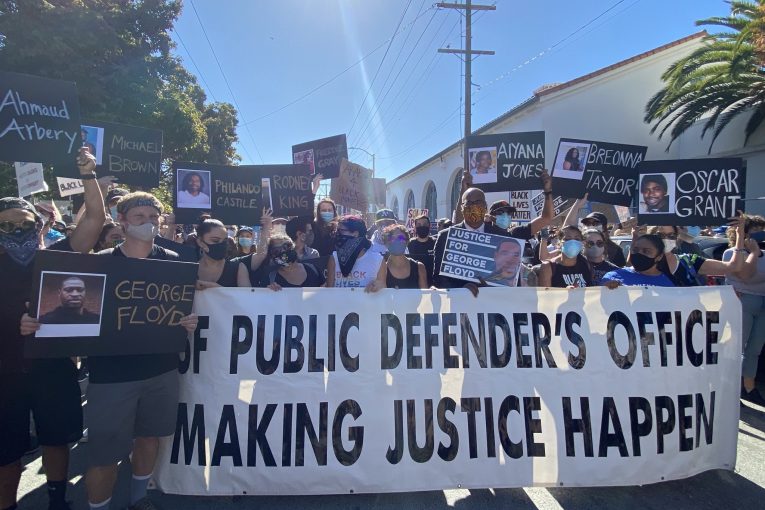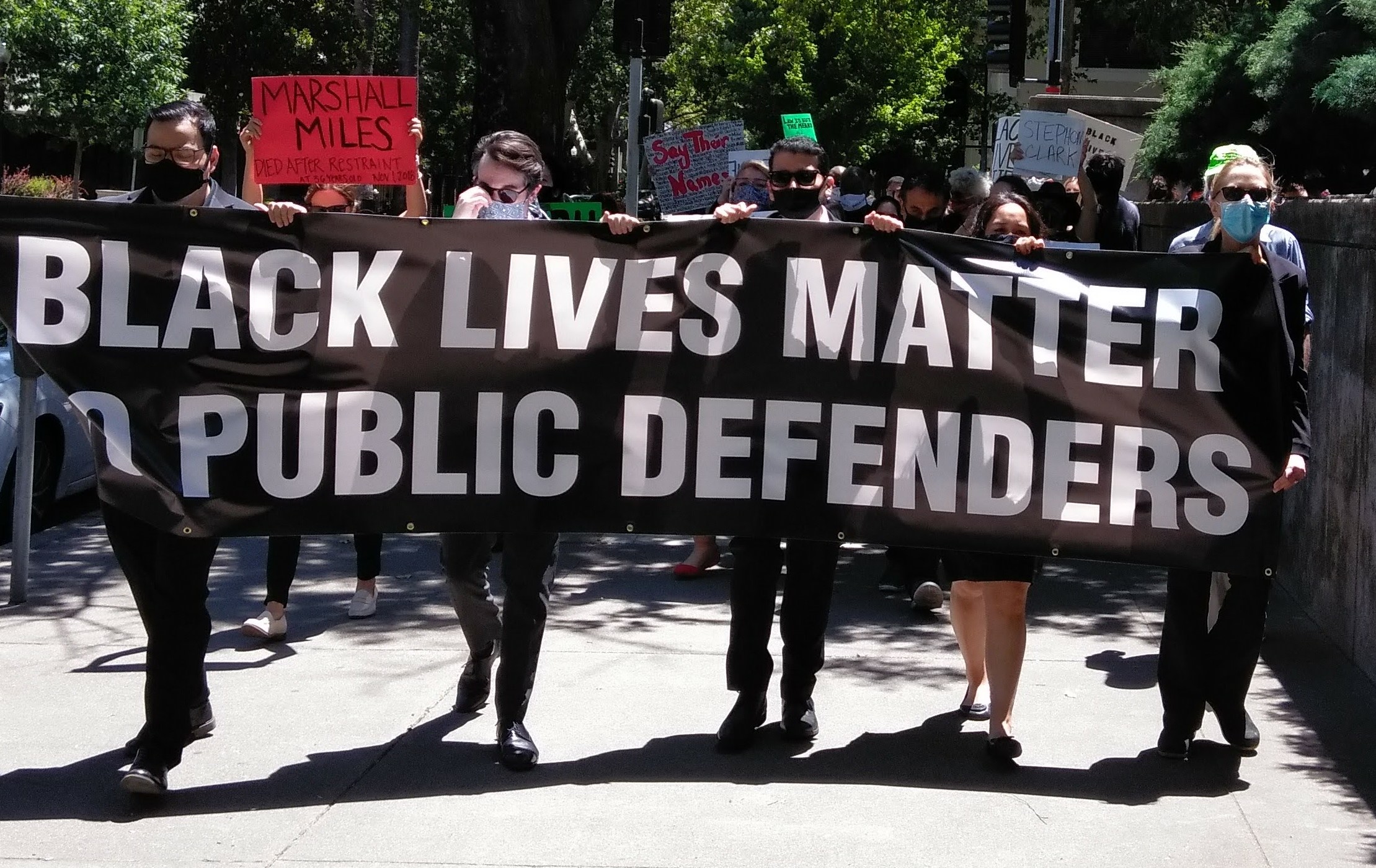

By Hannah Blome
CALIFORNIA – California community members and judicial laborers led a virtual discussion last Friday entitled “How Public Defender Offices Implement Policy to End Mass Incarceration,” and speakers included state lawmakers, public defenders, and ACLU representatives.
Advocates voiced concerns over California’s incarceration rates and applauded public defenders’ fight for justice.
“And all of the expressions of police violence, pre-trial detention, excessive sentencing, criminalization of our youth – these are the issues our movement for racial justice marches for, holds rallies for, works with you all to change the laws for,” said Raj Jayadev, representative for Silicon Valley De-Bug.
“But these are also the arenas – the systemic assaults that public defenders fight against person by person, loved one by loved one, every single day on behalf of our community,” he added.
Silicon Valley De-Bug is a San Jose community based organization. Jayadev and Silicon Valley De-Bug advocate for awareness about the systemic racism which serves as the vessel for mass incarceration in California.
Jayadev said that his advocacy group serves by working directly with families and communities personally affected by mass incarceration. Jayadev dubbed this approach “participatory defense.”
“At debug, after years of seeing people we love taken from us by incarceration, we’ve developed an organizing model called participatory defense,” Jayadev said.
He added, “An approach for families has incarcerated loved ones, to partner with public defenders to affect the outcome of cases. This is a mass movement in a classic sense: everyday people coming together to collectively push back against the entrenched systems and institutions of incarceration, to liberate their son, daughter, mother, father.”
Jayadev noted that public defenders are often the only people preventing incarceration. He called them “the most important people” in the fight against systemic racism within the justice system.
“I’m thankful for the public defender’s office that put me up for the 1170(d) that I gained my freedom after 44 years,” said the next speaker, Paul Redd, who was formerly incarcerated.
Redd was released under Penal Code 1170(d) and now advocates against mass incarceration. California’s penal code 1170(d) allows courts to recall defendants’ sentences.
“As a result of my release, I’ve been able to come back out here to the community after 44 years and do positive things to help strengthen the community again,” Redd said. “I’m thankful for the public defenders.”
Redd applauded modern laws strengthening public defenders’ reach in arguments, but said that more work needs to be done. He said he advocates for alternatives to incarceration, like government funded rehabilitation programs and a greater emphasis on mental health. Redd contended that this can only be done by allowing more funds allocated to public defenders offices.
Los Angeles Public Defender Ricardo Garcia spoke about increased funding to public defenders offices. He outlined a trickle-down effect intended to address the impact of California major cities’ expenses on supply of defense attorneys.
“I think one of the things about funding is making sure public defenders’ offices have post-bar programs that allow for some sort of stipend for those men and women who want to join our offices right after law school,” Garcia said.
“This would allow us to reach a larger group of individuals, particularly from lower income communities, which are reflective of the individuals we represent, so we can touch on them and bring them to cities like L.A. which are incredibly expensive, or other parts of the state which are incredibly expensive,” he added.
The discussion emphasized the influence of socioeconomic factors on incarceration. All speakers described public defense attorneys as advocates for marginalized groups.
“The work that public defenders do is massive in scale in what it must take on – but intimate, proximate, and tangible.” Jayadev said. “Someone’s family member is home in the living room instead of a COVID-ridden jail because of a public defender.”
Hannah Blome is a third year Political Science major at UC Davis, pursuing a double minor in Professional Writing and Logic Philosophy. She is originally from San Diego, CA.
To sign up for our new newsletter – Everyday Injustice – https://tinyurl.com/yyultcf9
Support our work – to become a sustaining at $5 – $10- $25 per month hit the link:




